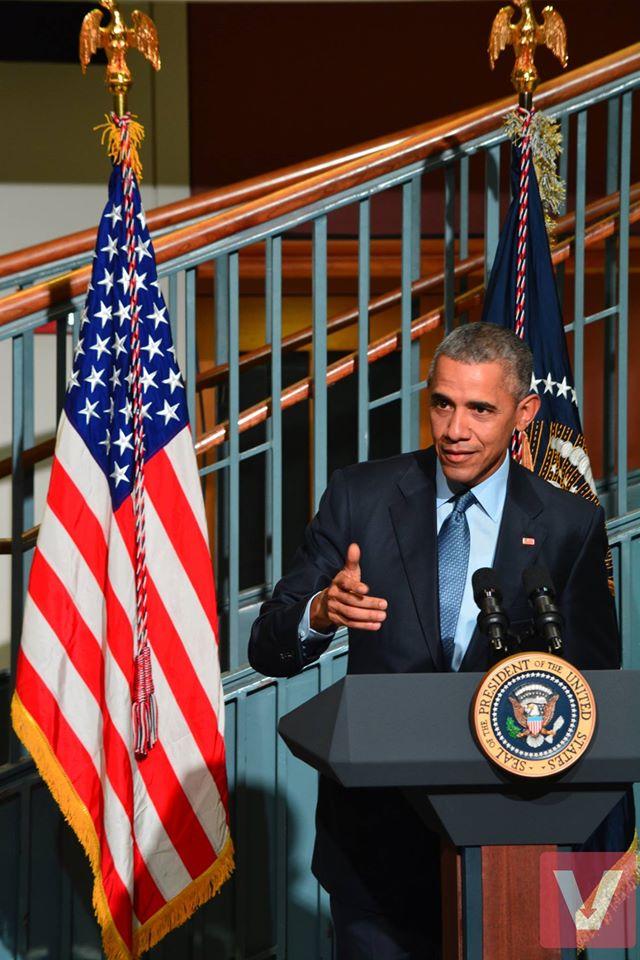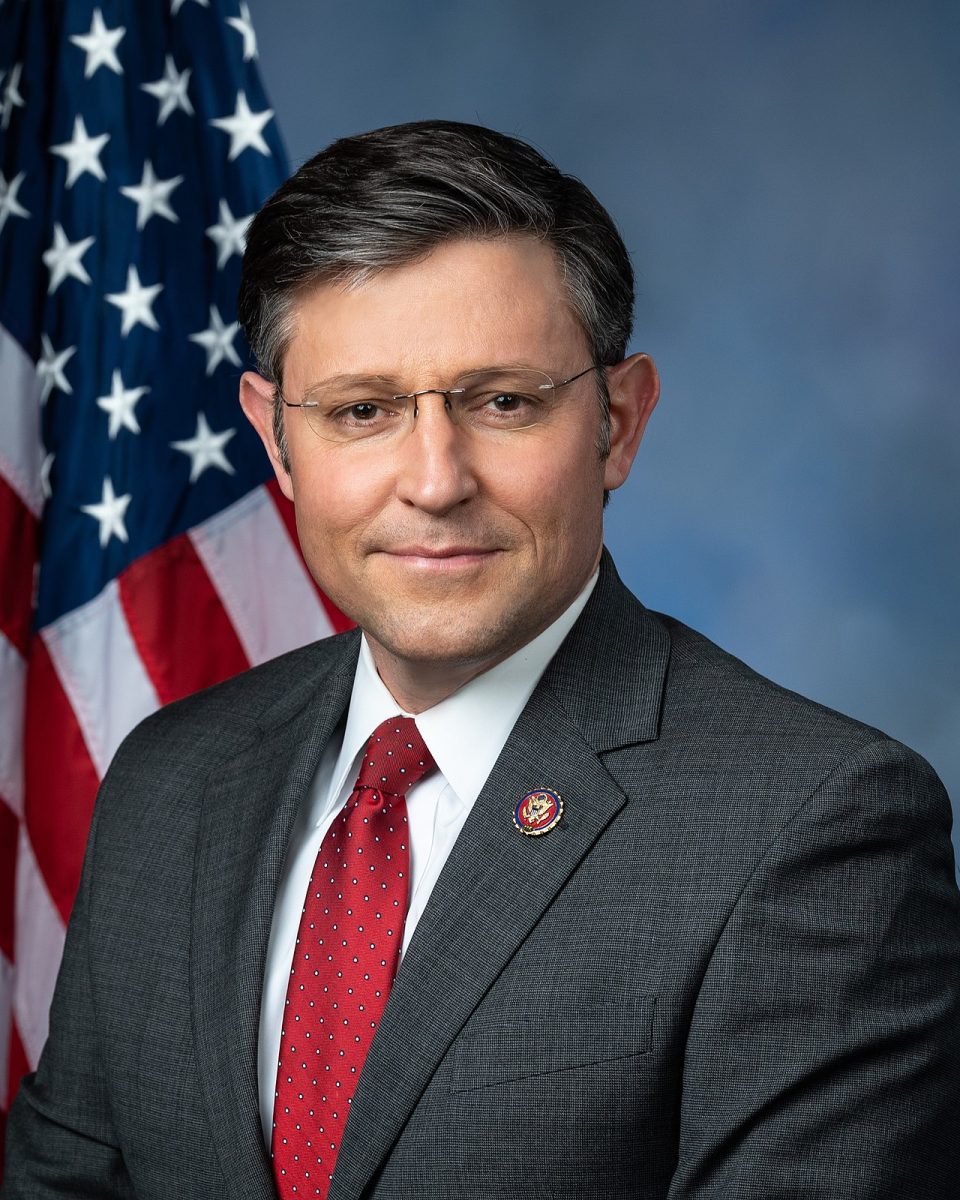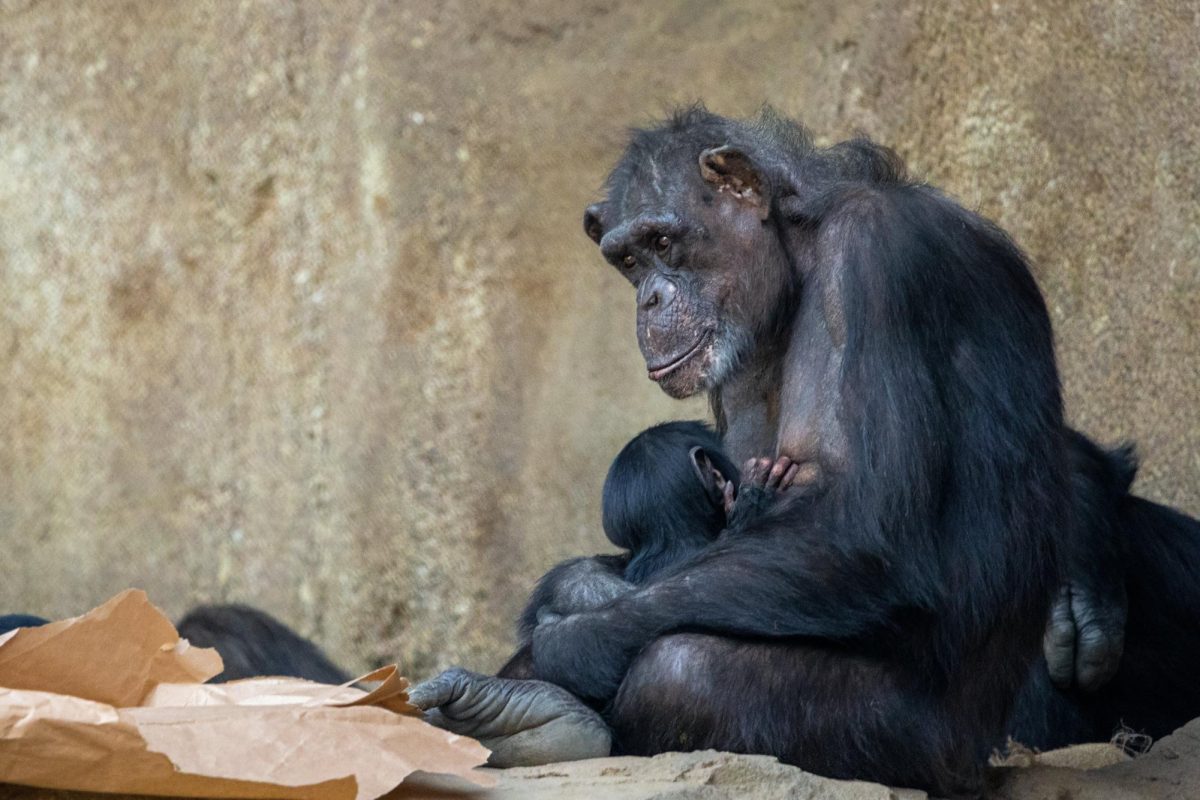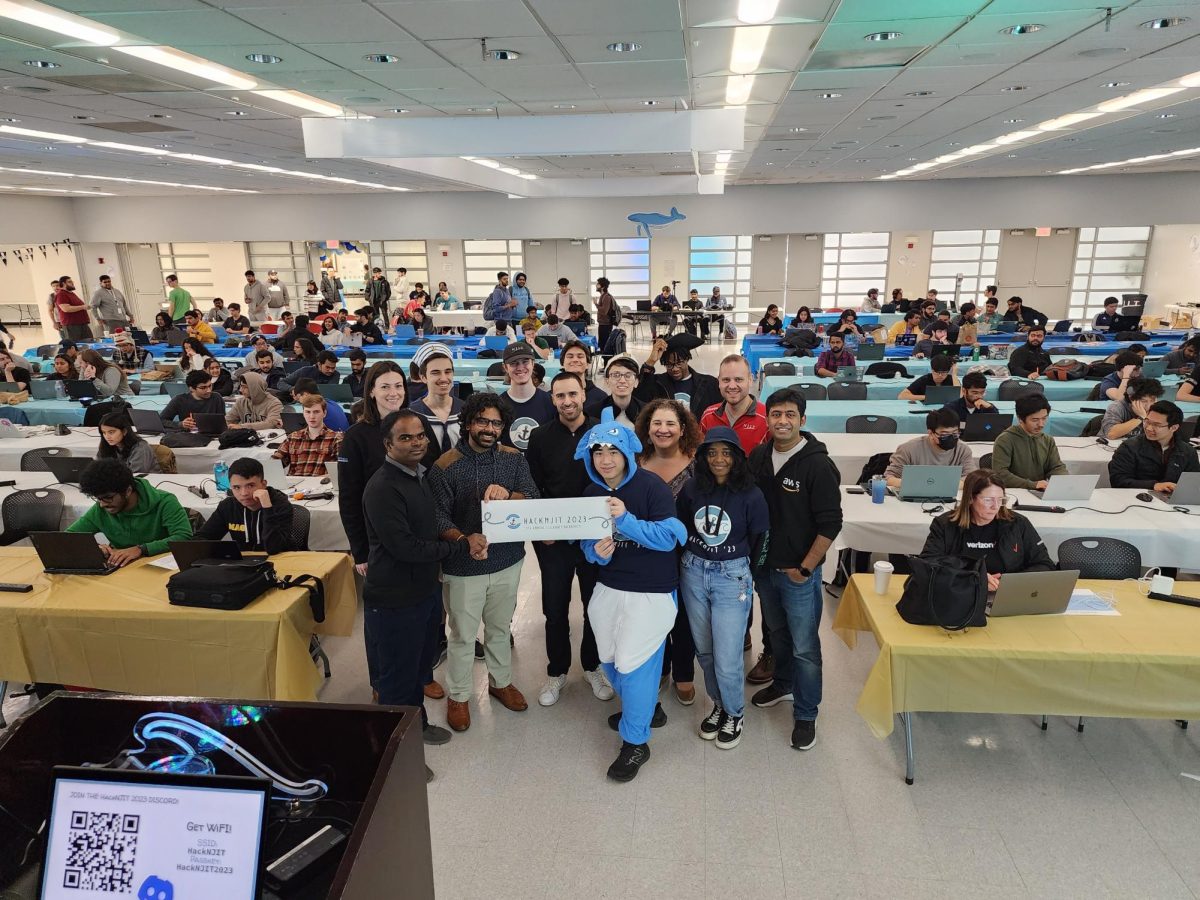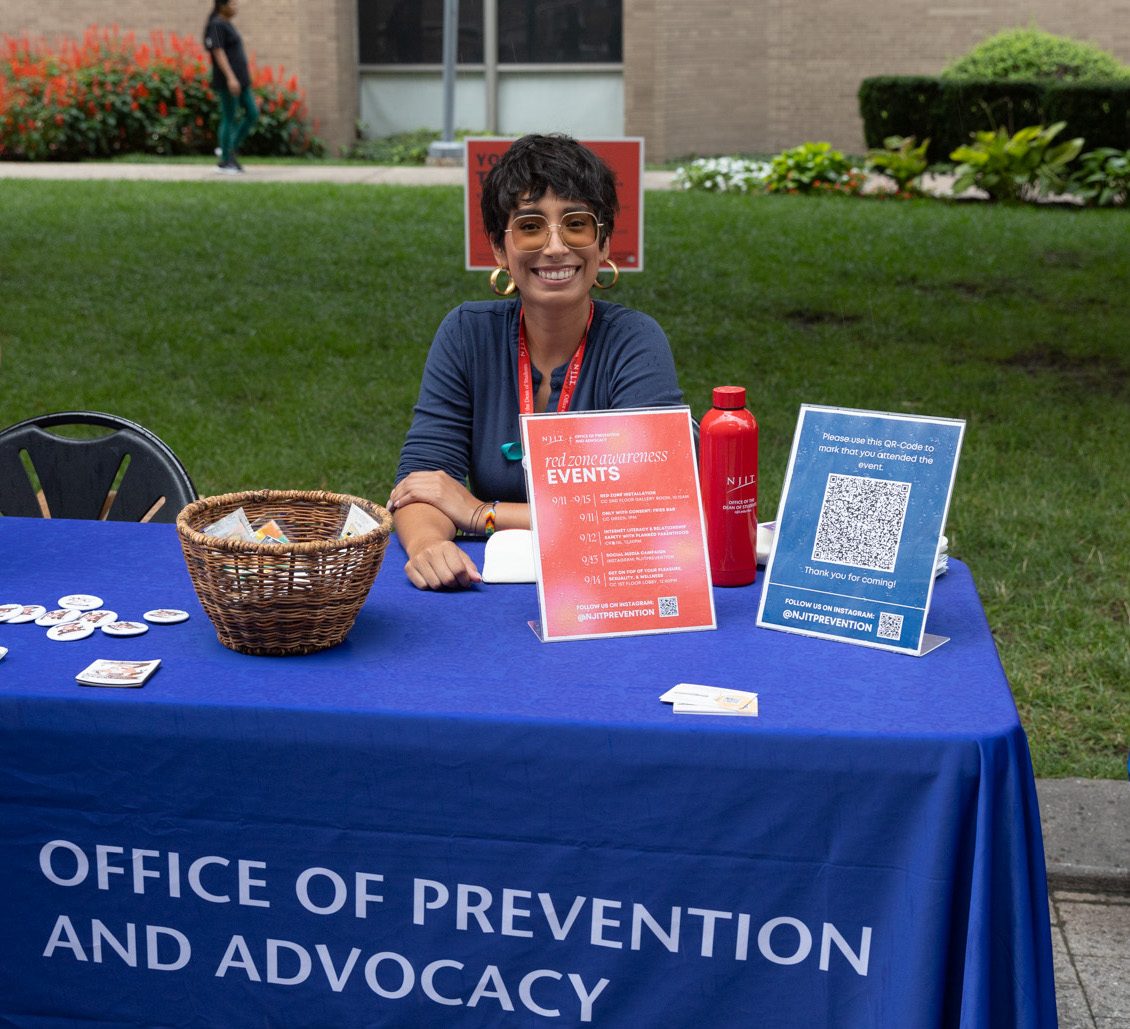President Obama touched down in Newark Monday afternoon and greeted a crowd of excited families at Newark Liberty International Airport. The usual mellow bustling of downtown Newark streets was transformed into a high-volume and stagnant crowd of eager citizens who cheered as the President’s motorcade passed by.
Integrity House, the largest rehabilitation facility funded by the State of New Jersey, is aimed at rehabilitating people to “reclaim their lives” and was a key stop in the President’s visit to Newark. There he met inspiring individuals who were able to turn their lives around after years of incarceration. The only piece of advice these individuals had for anyone looking to be successful was, “Work hard, because there will be an outcome. Hard work results in opportunities like these. They’re one in a million.”
Later on, President Obama made a statement at Rutgers University School of Law concerning the reduction of bias relating to criminal records. This comes after Senator Cory Booker’s persistent efforts to provide equal opportunity to the formerly incarcerated.
President Obama explained, “We need to make sure that Americans who have paid their debt to society can earn their second chance. We need a foundation on which people can become productive citizens. Everything we do should be towards this goal.”
In support of this idea, President Obama has launched a bill to “ban the box” (this refers to the removal of the box on job applications asking if applicants have a criminal record) and “grants to help returning citizens seize that second chance through education and job training and housing and legal help and children’s services”.
According to extensive studies, those who check ‘yes’ are less likely to have their application reviewed further than those who check ‘no’. The “ban the box” movement has gained momentum in hopes that those at a disadvantage can “at least get a foot in the door”, and show employers that they have only grown from their past, something that no longer defines them.
President Obama’s decision to start a movement and repeatedly urge Congress to join in backing the executive branch to pass the “ban the box” bill came as a surprise to many who found it unusual that such an announcement was made at a weakly publicized and seemingly last-minute event.
The issue of employers asking applicants about criminal history on job applications is a recurrent one in the Democratic presidential primary with Hillary Clinton, Bernie Sanders, and Martin O’Malley supporting President Obama’s perspective and action plan on the topic. Consequently, President Obama continued to New York City to fundraise for the Democratic National Committee and the Democratic Congressional Campaign Committee.
“Banning the box” on job applications is an important precursor that may soon translate to other applications such as those for college admissions. Students today are opposed to the idea of revealing their true selves on paper even when it is in regards to ethnicity, gender, and sexual orientation. Offsetting traditionally bias-producing aspects of applications may aid in providing equal opportunities for all applicants.
In addition, Senator Raymond Lesniak commented on President Obama’s new bill, “We are a leader and a model for the country. We are saving lives and money, because it’s a lot safer if people are given opportunities to recover rather than if they are just thrown into prison where they usually come out worse than when they went in.
The initial counter-argument is that President Obama is suggesting that criminal records and other information not be considered in an application, but he explains later in his speech, “We’re not suggesting ignore it. But we are suggesting when it comes to the application, give folks a chance to get through the door so they can make their case.” Even in the scope of college applications, giving more weight to what’s on paper rather than the person comprised of collective learning experiences usually constructed of successive mistakes is an issue that stresses a new batch of high school seniors every year.
Working towards a society that is open to providing second chances or even equal first chances is imperative to our world today. A workforce that is built on merit is more effective than one based on biased perceptions of the traditionally disadvantaged sectors of society.
Moving towards a bias-free meritocracy begins with a step like “banning the box” and as President Obama closed out in regards to the formerly incarcerated looking for a fair second chance, “They have made mistakes but with a little bit of help they can get on the right path. That’s what we have to invest in. That’s what we have to believe. That’s what we have to promote. That’s why I’m so proud of what Newark is doing. That’s what I hope everybody learns.”
























